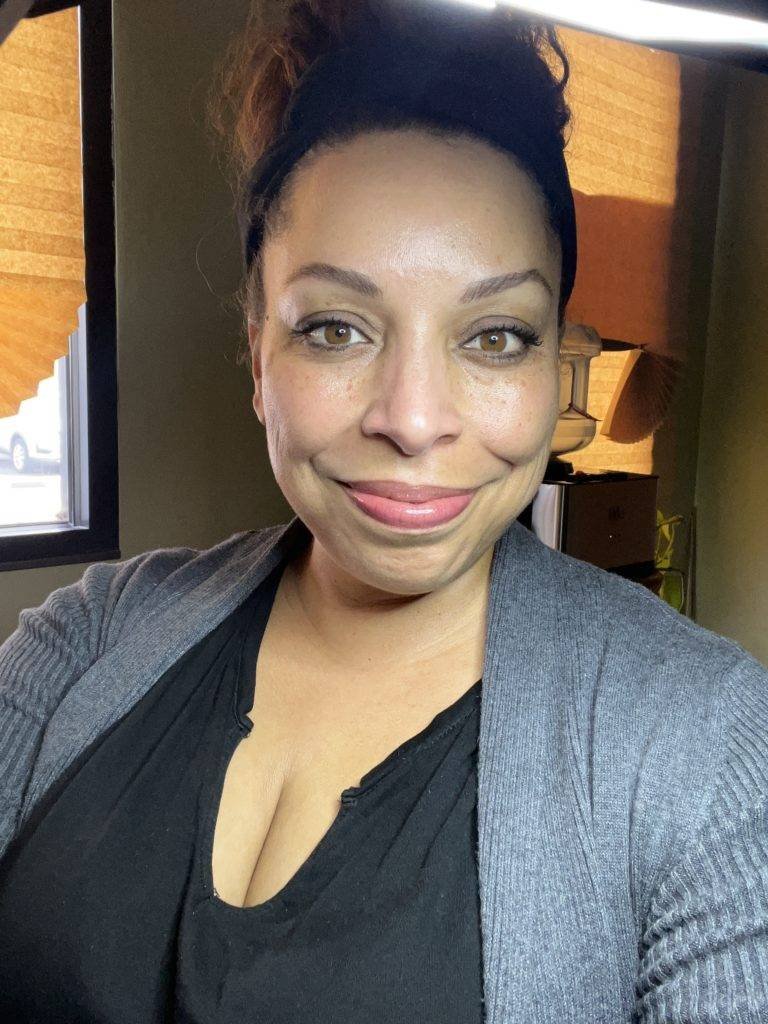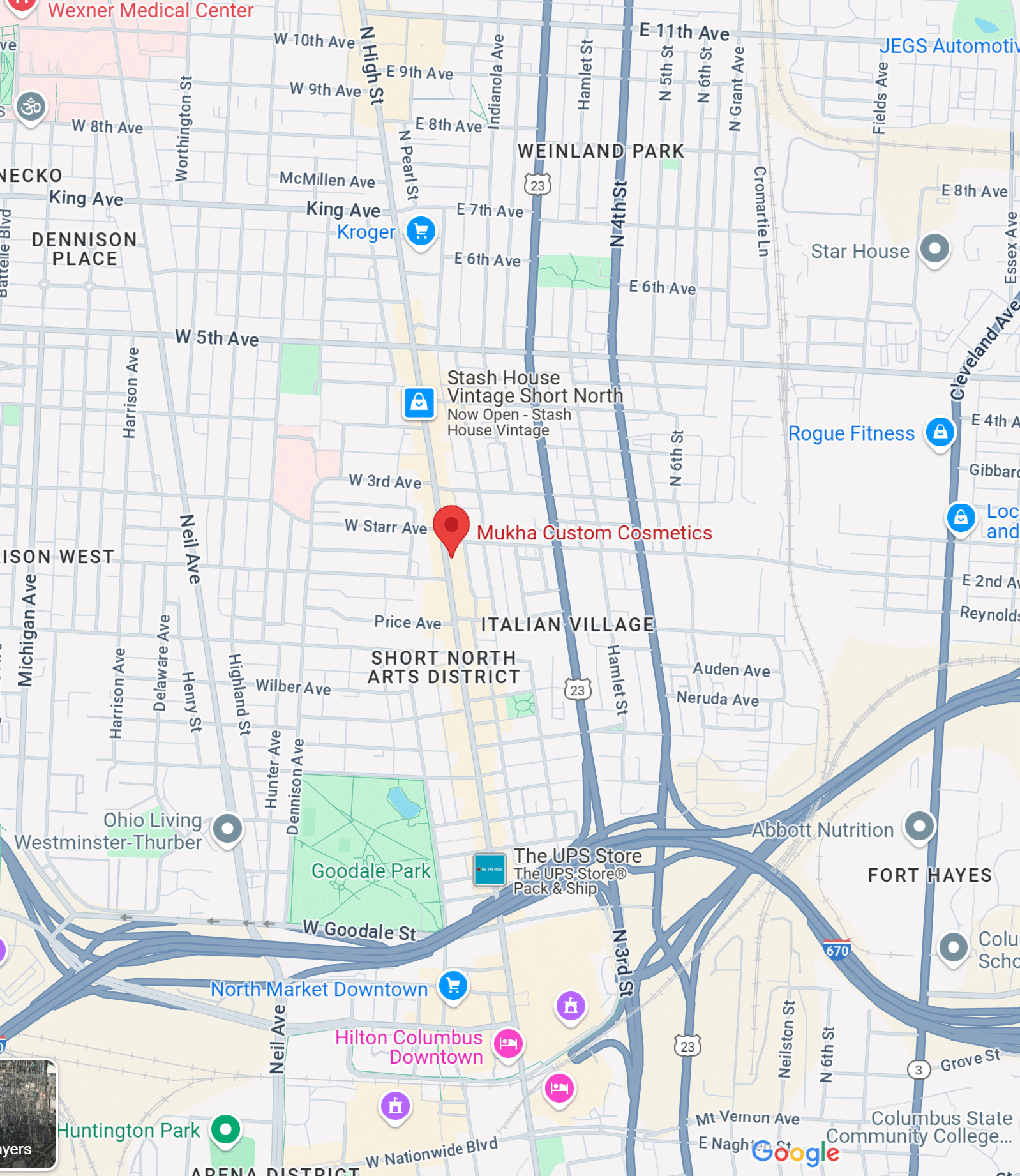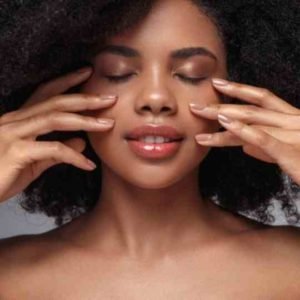 Radiant and well-balanced skin is an asset. Skin is not just about aesthetics but also health and wellness. So, skincare treatment solutions ought to be handled with all seriousness. If you form a skin-related issue, you need to have a proper skincare routine. Skin care treatments, for any kind of skin disorder, start with activities that are focused on the prevention of the condition (what we can additionally call as proactive or preventive skin practice). Building and complying with essential skin care procedures is what one could classify as preventive/proactive skin care treatments. Skin problems can occur even if you have followed this preventative skincare routine. Preventive treatments just lower the chance of occurrence. Let us check the skin care treatments for a few of the typical skin conditions.
Radiant and well-balanced skin is an asset. Skin is not just about aesthetics but also health and wellness. So, skincare treatment solutions ought to be handled with all seriousness. If you form a skin-related issue, you need to have a proper skincare routine. Skin care treatments, for any kind of skin disorder, start with activities that are focused on the prevention of the condition (what we can additionally call as proactive or preventive skin practice). Building and complying with essential skin care procedures is what one could classify as preventive/proactive skin care treatments. Skin problems can occur even if you have followed this preventative skincare routine. Preventive treatments just lower the chance of occurrence. Let us check the skin care treatments for a few of the typical skin conditions.
Skincare Treatments for Acne
Acne is one of the most common troubles. Again, the first type of skin treatment is to manage acne and prevent it from becoming worse and creating acne scars. So stay clear of tight garments; they are found to trigger body acne by trapping sweat. Do not touch the blemishes over and over again (rather don’t touch them in any way), you might end up exacerbating the condition. Likewise, do not attempt to scrub your skin too much or squeeze them. The use of gentle cleansers is a recommended treatment for acne. Acquire an over-the-counter skin care treatment for faster benefits for acne.
from becoming worse and creating acne scars. So stay clear of tight garments; they are found to trigger body acne by trapping sweat. Do not touch the blemishes over and over again (rather don’t touch them in any way), you might end up exacerbating the condition. Likewise, do not attempt to scrub your skin too much or squeeze them. The use of gentle cleansers is a recommended treatment for acne. Acquire an over-the-counter skin care treatment for faster benefits for acne.
There are a variety of over-the-counter options for acne. The most common active ingredient in these products is benzoyl peroxide, which helps to kill the bacteria that can cause breakouts. Other popular ingredients include salicylic acid and sulfur. You can find products with these ingredients in a variety of forms, including gels, creams, and cleansing pads.
Benzoyl Peroxide
Benzoyl peroxide is the most common active ingredient in over-the-counter acne treatments. This substance works by killing the bacteria that can cause breakouts. Benzoyl peroxide is available in a variety of forms, including gels, creams, and cleansing pads. It is important to start with a lower concentration of this substance and gradually increase the amount you use if you find that your skin can tolerate it.
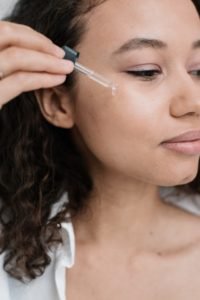 Salicylic Acid
Salicylic Acid
Salicylic acid is another common ingredient in over-the-counter acne treatments. This substance helps to exfoliate the skin and unclog pores. Salicylic acid is available in a variety of forms, including gels, creams, and cleansing pads.
Sulfur
Sulfur is another popular ingredient in over-the-counter acne treatments. This substance helps to dry out the skin and eliminate excess oil. Sulfur is available in a variety of forms, including gels, creams, and cleansing pads.
If you are looking for an over-the-counter acne solution, it is important to choose a product that contains ingredients that are appropriate for your skin type. Be sure to read the label carefully and start with a lower concentration of the active ingredient if you are not sure how your skin will react. If you have any concerns about using a particular product, be sure to speak with a dermatologist or other skin professional.
Dry Skin
Skin-care treatments of dry skin are normally simple. Moisturizers, applied in the proper way and in the right quantity,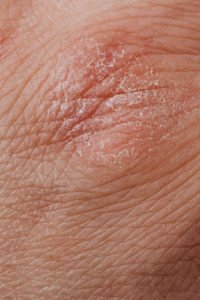 are the best form of treatment for dry skin. For ideal results, use moisturizer while your skin is still damp. Also, do not use too much or too little moisturizer. In special situations, where you do not see any progress in 3-4 weeks, you may have to visit your dermatology office for professional treatment of your dry skin.
are the best form of treatment for dry skin. For ideal results, use moisturizer while your skin is still damp. Also, do not use too much or too little moisturizer. In special situations, where you do not see any progress in 3-4 weeks, you may have to visit your dermatology office for professional treatment of your dry skin.
Eczema is characterized by itchy, red, and inflamed skin. A correct skincare routine can help you ease the symptoms as well as the appearance of eczema. In general, the procedure for eczema includes:
– Use a mild cleanser rather than soap to clean your skin. Avoid scrubbing too hard.
– Apply a moisturizer immediately after taking a shower or bath. This will help lock in the moisture and prevent your skin from getting too dry.
– Do not use harsh chemicals, perfumes, or other irritants on your skin. These can make eczema worse and cause redness.
– If possible, avoid sudden changes in temperature or humidity. These can trigger eczema flare-ups.
Brown Spots
 Brown spots, which show up on sun-exposed areas of skin i.e. face and also hands, are brought on by over-exposure to UV light radiations. There are a few things that can help diminish the appearance of dark sun spots on the body. Exfoliating the skin regularly can help to slough off dead skin cells that can make brown patches look more pronounced. Using a brightening serum or cream that contains ingredients like vitamin C can also help to brighten the skin and make brown spots less visible. Finally, wearing sunscreen SPF 30 every day is important in preventing new brown marks from forming and can help to reduce the appearance of existing ones. Cover the vulnerable areas with clothes (caps, full-sleeved shirts/t-shirts, and use an umbrella).
Brown spots, which show up on sun-exposed areas of skin i.e. face and also hands, are brought on by over-exposure to UV light radiations. There are a few things that can help diminish the appearance of dark sun spots on the body. Exfoliating the skin regularly can help to slough off dead skin cells that can make brown patches look more pronounced. Using a brightening serum or cream that contains ingredients like vitamin C can also help to brighten the skin and make brown spots less visible. Finally, wearing sunscreen SPF 30 every day is important in preventing new brown marks from forming and can help to reduce the appearance of existing ones. Cover the vulnerable areas with clothes (caps, full-sleeved shirts/t-shirts, and use an umbrella).
Also, if the basic skin routines or the over-the-counter medicine is not working for you, you should consult your dermatologist for professional skin care advice. You should also update the medical doctor regarding the skin care remedies that you have undertaken up to that time. The dermatologists will likely recommend a specialized skin routine e.g. oral antibiotics, chemical peels, cosmetic laser, retinoid or even a supplement for collagen production. You will be on your way to healing your brown sun spots and having like new skin.
Home Remedies
There are a few home remedies that can help you treat brown sun spots. These include: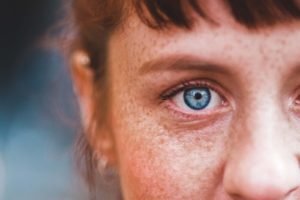
-Buttermilk: Apply buttermilk on the affected area and let it sit for about 15 minutes before rinsing it off with cool water. Do this once or twice daily for best results.
-Lemon juice: Lemon juice is rich in citric acid which can help to brighten the skin and fade brown marks. Apply fresh lemon juice on the affected area and let it sit for about 10 minutes before rinsing it off with cool water. Repeat this once or twice daily for best results.
-Apple cider vinegar: Apple cider vinegar has mild acidic properties which can help to exfoliate the skin and improve brown spots. Mix equal parts of apple cider vinegar and water. Apply it on the affected area and let it sit for about 10 minutes before rinsing it off with cool water. Repeat this once or twice daily for best results.
-Aloe vera: Aloe vera has hydrating and soothing benefits which can help to heal the skin and fade brown patches. Apply fresh aloe vera gel on the affected area and let it sit for about 10 minutes before rinsing it off with cool water. Repeat this once or twice daily for best results.
Custom Facial
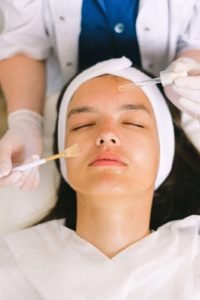 A custom facial is a perfect way to address your specific skincare needs. Whether you’re looking to prevent acne flare-ups, moisturize dry skin or fade sun spots, Eugenia can help give you that healthy glow.
A custom facial is a perfect way to address your specific skincare needs. Whether you’re looking to prevent acne flare-ups, moisturize dry skin or fade sun spots, Eugenia can help give you that healthy glow.
Eugenia’s facials are tailored to each individual client, so you can be sure you’re getting the most out of your treatments. Plus, her luxurious spa environment will make you feel relaxed and pampered from start to finish.
Book your appointment now on her website!

